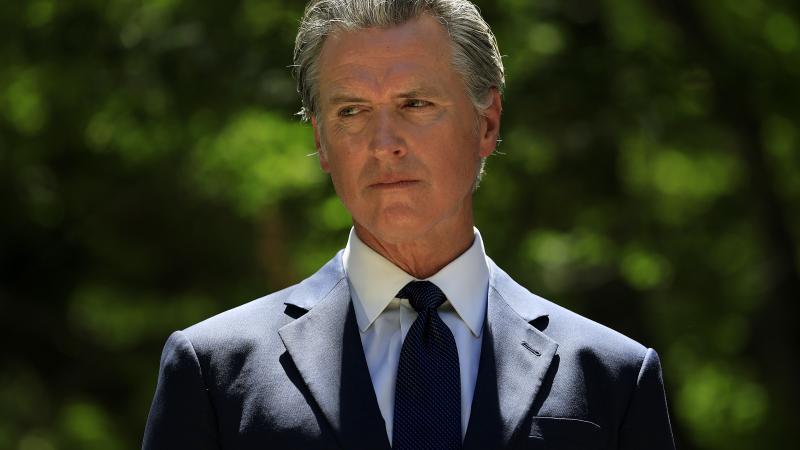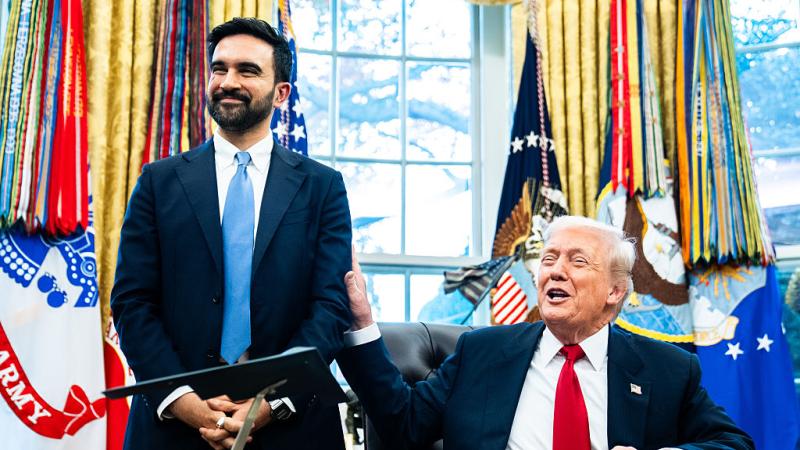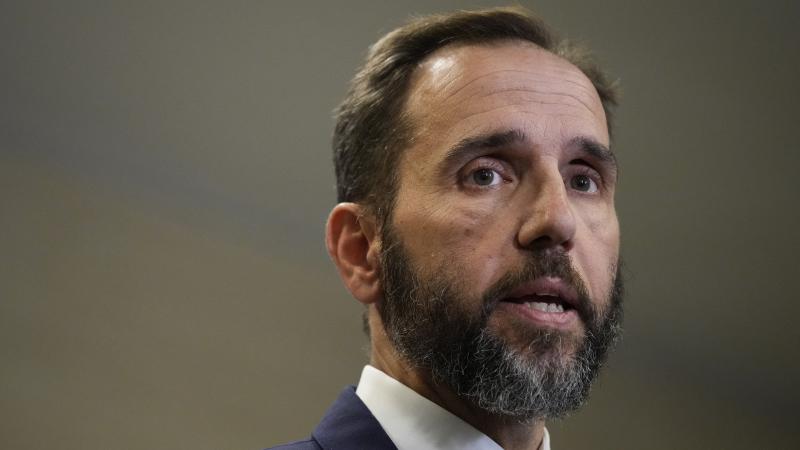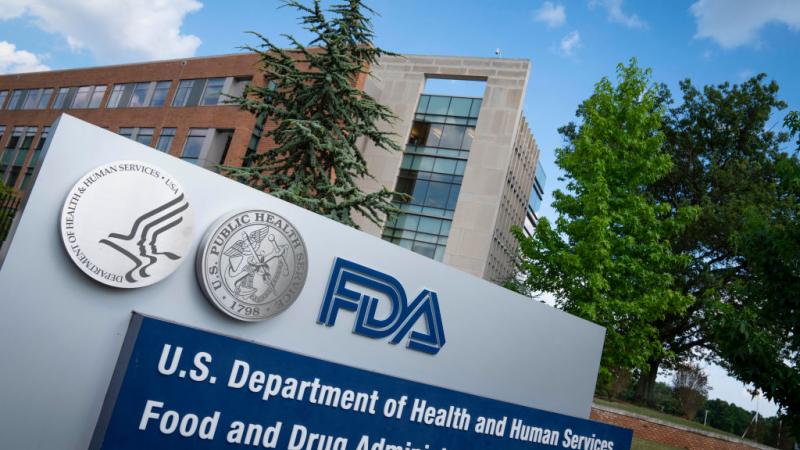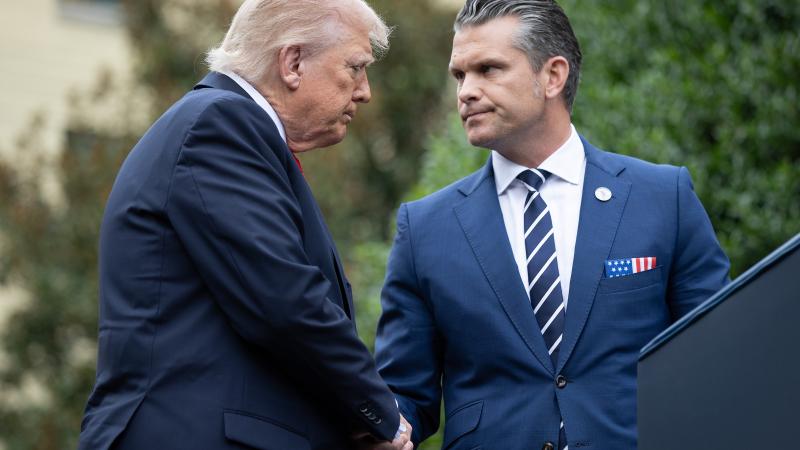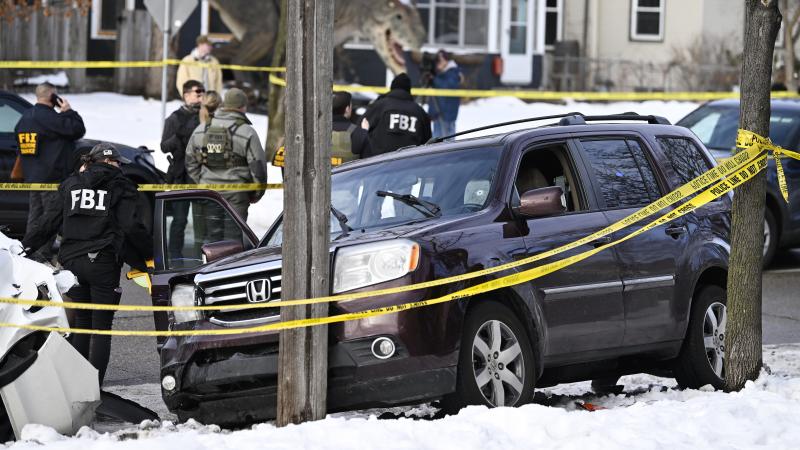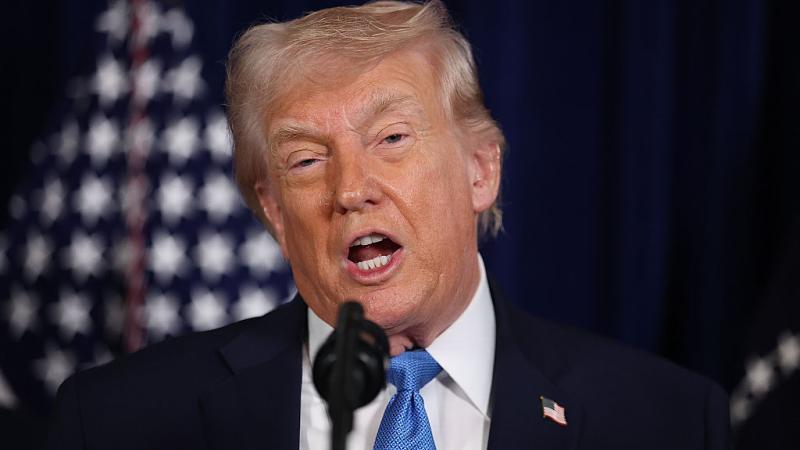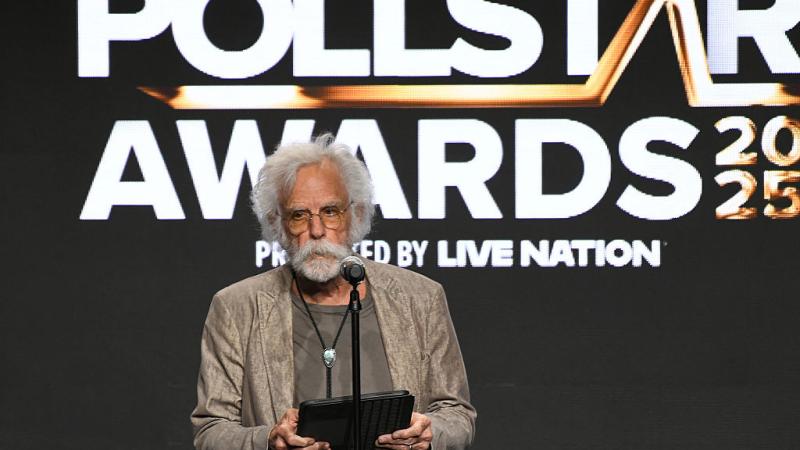Gov. Abbott launches statewide initiatives to combat fentanyl crisis
Last year, over 2,000 Texans died from fentanyl poisoning.
Gov. Greg Abbott on Thursday launched a statewide initiative to combat the fentanyl crisis.
Texas is launching a $10 million multimedia awareness initiative through the Texas Health and Human Services Commission, following "One Pill Can Kill" campaigns launched over a year ago by the U.S. Drug Enforcement Administration and Florida Attorney General Ashley Moody.
Texas is also distributing Naloxone/Narcan to all 254 Texas counties through the Texas Division of Emergency Management. The generic and brand versions of a nasal spray have proven to reverse opioid overdoses if administered quickly enough.
Texans can currently get Narcan at pharmacies with or without a prescription and with or without insurance. However, TDEM administering it statewide to law enforcement agencies and other entities will ensure its more widely available to officials to administer in their communities.
At a One Pill Kills Summit in Austin, Abbott was joined by over 250 advocates committed to educating Texans about the dangers of opioids, including fentanyl, which is the number one killer of American adults between the ages of 18 and 45.
Last year, over 2,000 Texans died from fentanyl poisoning. According to provisional data from the Texas Department of State Health Services, Texas has experienced a 500% increase in fentanyl-related deaths since 2019. Through the state's border security initiative, Operation Lone Star, Texas law enforcement officers alone have seized over 380 million lethal doses of fentanyl since March 2021 – more than enough to kill everyone in the United States, according to the governor's office.
The DEA and state and local law enforcement agencies have reported that fentanyl and fentanyl precursors are being brought in through the southern border by Mexican cartel operatives and gangs. Fake prescription pills and other narcotics are laced with fentanyl in Mexico using precursors shipped to Mexico from China, law enforcement officers have explained. The leaders of Mexico and China deny these claims despite the unprecedented volume of fentanyl and other drugs pouring through the southern border.
Gov. Abbott has more than once called on the president to stop the fentanyl crisis by closing the border. He's also called on him to designate cartels as Foreign Terrorist Organizations. He's yet to receive a response.
"Thanks to President Joe Biden and his reckless open border policies, the historic levels of fentanyl flooding across our border remains the single deadliest drug threat Texas and our nation have ever seen," Gov. Abbott said at the summit. "With five Texans losing their lives every day to this clandestine killer, I launched our statewide 'One Pill Kills' campaign last fall to combat the growing fentanyl crisis wreaking havoc on innocent Texans and communities across our state."
Joining Abbott at the summit were Texas Against Fentanyl Founder Stefanie Turner, state Rep. Tom Oliverson, R-Houston, HHSC Executive Commissioner Cecile Young, TDEM Chief Nim Kidd, Texas Department of Public Safety Director Steve McCraw, Texas Education Agency Commissioner Mike Morath, Texas Department of State Health Services Commissioner Dr. Jennifer Shuford, National Border Patrol Council President Brandon Judd, Montgomery County Sheriff Rand Henderson, Tarrant County Sheriff Bill Waybourn, Zapata County Sheriff Ray Del Bosque, families who have lost loved ones to fentanyl, and other state officials and anti-drug advocates.
Last September, Gov. Abbott directed state agencies to identify ways to educate Texans about the fentanyl crisis. Since then, HHSC has partnered with the University of Texas Health Science Center at San Antonio to create a multimedia initiative to educate the public about the dangers of fentanyl and how to use Narcan. The campaign will focus on reaching Texas youth, parents, adults, and educators, including using billboards, online and social media advertisements, Spanish radio announcements, and other initiatives.
HHSC Executive Commissioner Young said, "All Texans should understand fentanyl risks and talk with their loved ones about its dangers and the life-saving power of NARCAN. Through this $10 million multimedia operation, HHSC is helping Texas lead the fight against the fentanyl crisis plaguing our state and nation."
The statewide distribution of Narcan will be partially funded by a landmark opioid settlement Texas Attorney General Ken Paxton negotiated with multiple pharmaceutical companies and pharmacies. As of January, Texas secured nearly $3 billion in settlement money.
TDEM will distribute the first 20,000 units of Narcan to all 254 county sheriffs' offices. Sheriffs may request their initial allotment through the State of Texas Assistance Request (STAR) process.
Several bills have been filed in the Texas legislature to increase penalties for fentanyl-related crimes, including making fentanyl poisoning a murder charge in Texas.
The DEA's One Pill Can Kill website explains how to identify fake prescription pills as well as "rainbow fentanyl," pills that look like candy. Two milligrams is considered a lethal dose of fentanyl. Fake prescription pills laced with fentanyl often contain more than two milligrams, which is why the DEA has been warning "one pill can kill."
The DEA has published several public safety alerts about the dangers of fentanyl. Florida has also published resources through its Dose of Reality, One Pill Can Kill website. Its Fast Facts on Fentanyl toolkit includes a DEA Emoji Drug Code to educate parents about how dealers are selling illicit drugs targeting minors through social media apps.



